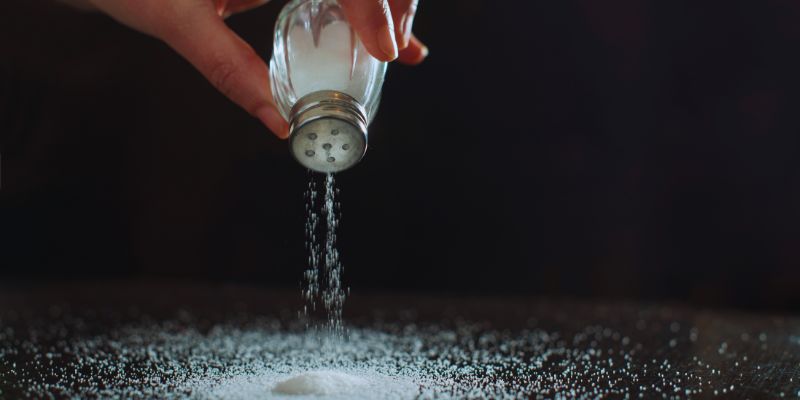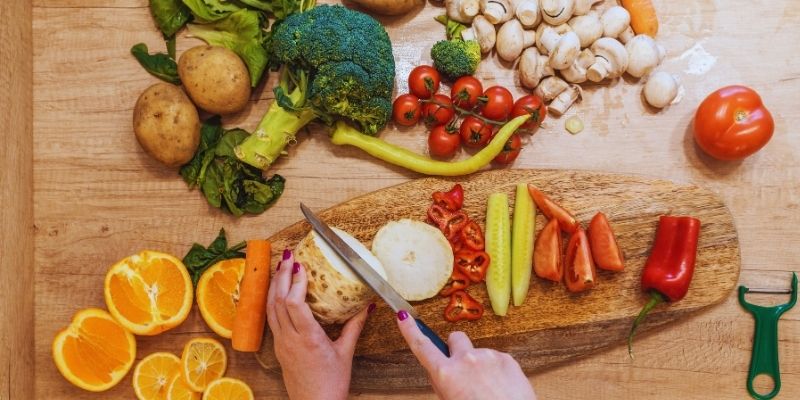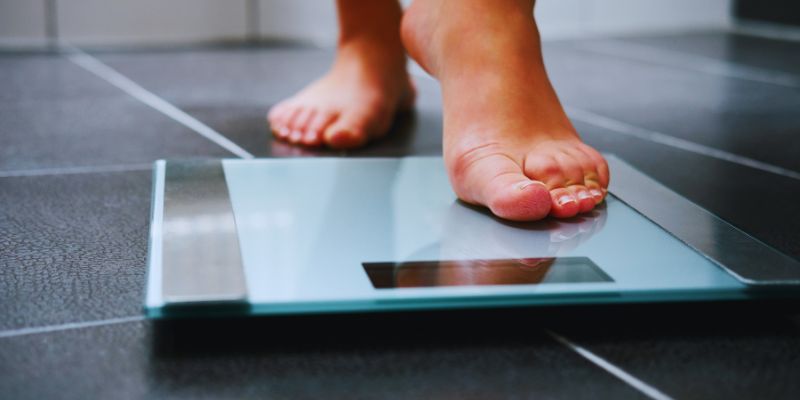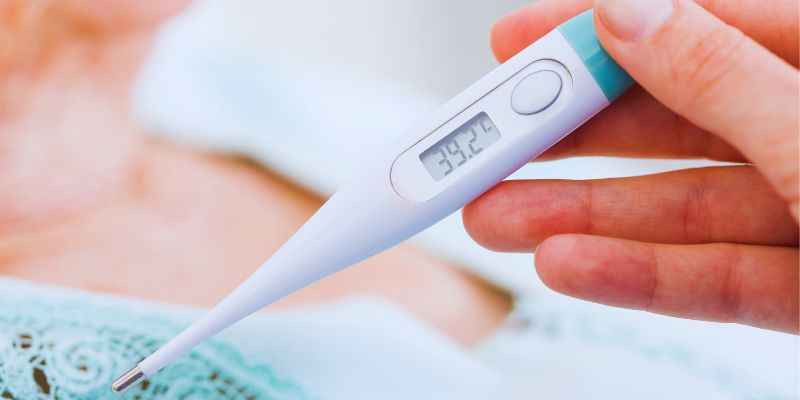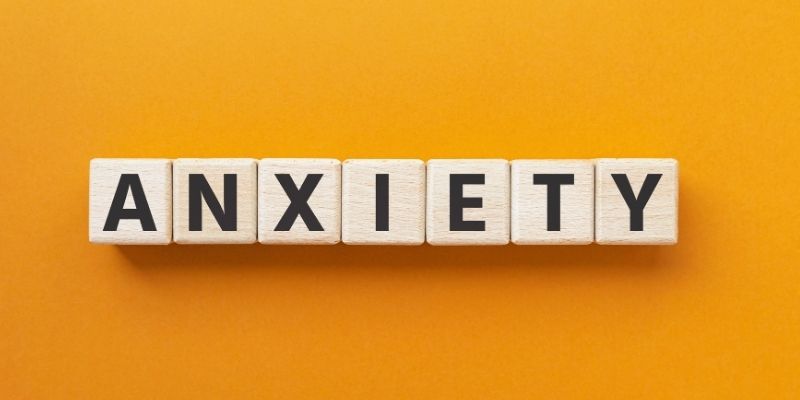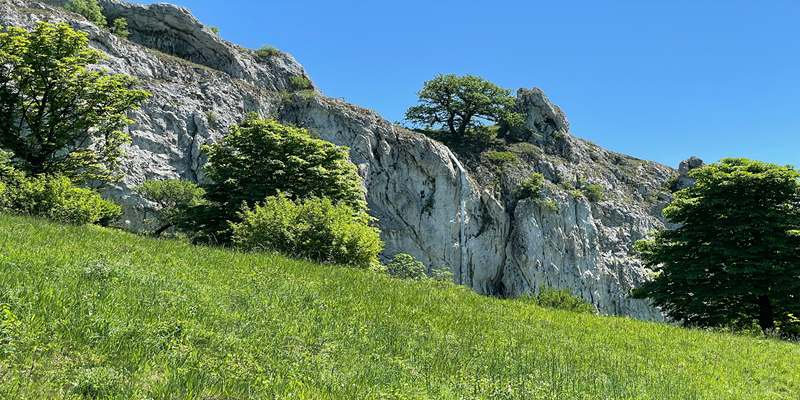Green tea's taste and health benefits are very appealing. Many people enjoy it daily. One often-asked question relates to caffeine. Green tea has how much caffeine? Many people think green tea lacks caffeine. But that's not always true. Some people sip green tea to be alert and avoid the jitters of coffee. Others turn to it for relaxation.
The level of caffeine in green tea might vary. The amount depends on things like brewing technique and growing conditions. The variances in brands and kinds could surprise you. Knowing your green tea better enables you to choose your health more wisely. This article will clear up the facts. You will find out how green tea's caffeine operates.
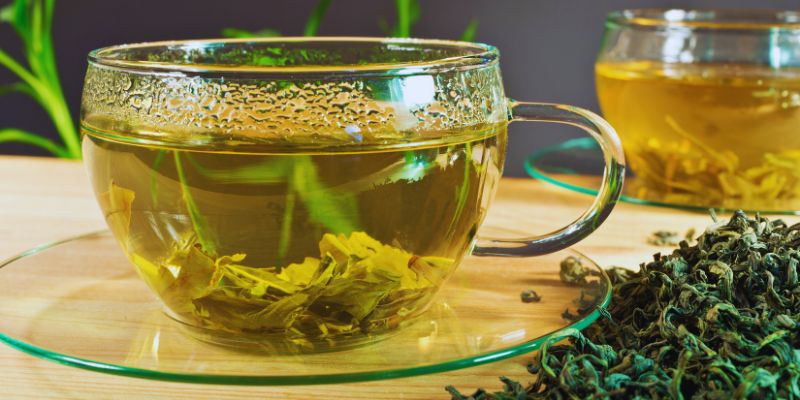
What Is Caffeine and How Does It Affect You?
Caffeine, a naturally occurring stimulant, is present in tea, coffee, soft drinks, and energy beverages. It suppresses the substance in your brain that causes sleepiness, adenosine. You so experience higher awareness, alertness, and concentration. It also boosts dopamine, which improves mood and energy. In modest doses, caffeine can boost focus and reduce fatigue. Too much caffeine, however, could produce negative effects, including headaches, restlessness, anxiety, or difficulties sleeping.
Age, weight, and sensitivity affect how people respond to caffeine differently. Green tea is a milder option since it has less caffeine than coffee. It also includes L-theanine, a relaxing chemical that helps lower caffeine's jitteriness. This special mix gives green tea a more balanced and consistent energy boost. Knowing how caffeine works will enable you to control your intake and enjoy its advantages free from unpleasant side effects.
How Much Caffeine Is in Green Tea?
Usually ranging from 20 to 45 milligrams per 8-ounce cup, green tea carries a modest to moderate level of caffeine. A typical cup of coffee contains roughly 95 milligrams of caffeine, significantly more than the amount found in green tea. Still, the precise level of caffeine in green tea will change based on numerous variables. These cover the kind of green tea, the area of growth, the method of processing, and the brewing techniques. Matcha green tea, produced from pulverized entire tea leaves, can include more than seventy milligrams of caffeine per serving.
Conversely, teas such as genmaicha or bancha have less caffeine—between 10 and 20 milligrams. Brewing methods matter too—using hotter water and steeping the tea longer draws out more caffeine. Try shorter steep times, cooler water, and fewer leaves if you want less caffeine. All things considered, green tea presents a softer caffeine source that gently increases energy levels.
Green Tea Types and Their Caffeine Levels
Different types of green tea have different caffeine levels. Here are some popular kinds:
- Sencha is the most often drank green tea in Japan. One cup usually has around thirty milligrams of caffeine. The leaves are grown in direct sunshine, which lends a fresh, green taste and a modest caffeine content.
- Matcha: Whole ground tea leaves comprise the basis for this powdered green tea. It is not soaked; it is whisked into water. You eat the whole leaf; hence, the caffeine concentration is far higher—usually seventy milligrams or more per serving.
- Gyokuro: This luxury tea is shade-grown for a few weeks before harvest. Shade increases the amount of caffeine and chlorophyll. One cup offers roughly forty to fifty milligrams of caffeine and a pleasant, creamy taste.
- Bancha: A lower-quality green tea derived from stems and mature leaves. It's a wonderful low-caffeine choice since it has just 10–15 milligrams of caffeine.
- Genmaicha: Combines toasted brown rice with green tea. It has around 15–20 milligrams of caffeine and a mild taste.
The leaves used and how they're handled affect the final amount of caffeine. The younger the leaves, the more caffeine they tend to have.
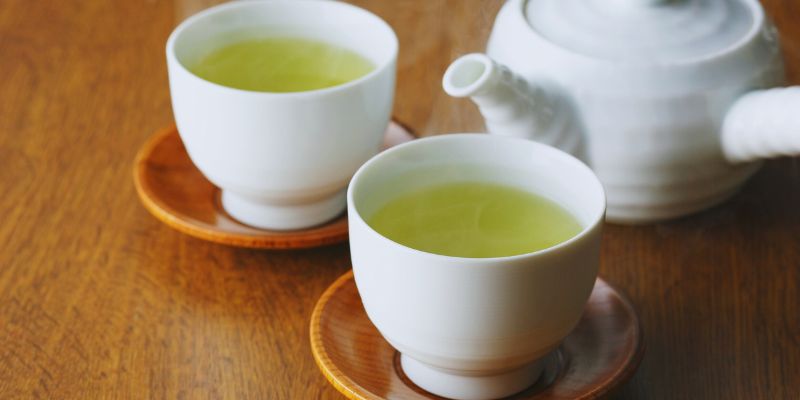
Does the Brewing Method Change Caffeine Levels?
Indeed, the brewing technique determines the amount of caffeine in your green tea. Variations in water temperature, steeping time, and tea amount affect things. Hot water extracts more caffeine from the tea leaves—especially at 175°F. The more caffeine a tea releases into the water, the longer you steep it. Using extra tea leaves also raises the overall caffeine content in your drink.
For instance, steeping green tea for five minutes instead of two will probably produce a more significant caffeine increase. Conversely, the caffeine content stays lower using shorter brewing times and cooler water. Some even do a brief first step to cut caffeine: Discard that water, then brew again using fresh water. Although it is not a flawless approach, it can be useful. Therefore, how you make your green tea truly counts if you observe caffeine consumption.
How Caffeine Affects Your Body from Green Tea
Green tea's caffeine tones your body more gently than coffee's. Green tea has L-theanine, an amino acid that blends with caffeine to keep you focused and relaxed at the same time. This special combination helps you stay focused without the jittery negative effects typical of higher caffeine sources. Caffeine in green tea suppresses adenosine, a brain chemical that makes one sleepy, boosting awareness and alertness.
L-theanine raises alpha brain waves concurrently to encourage mental clarity and relaxation. It helps you to have consistent energy and improved attention, free from restlessness or anxiety. Many claim green tea provides a smoother, longer-lasting calm, targeted boost than coffee. Caffeine from green tea can make sleeping harder if taken too close to bedtime. Understanding your body's reaction will enable you to choose when and how much green tea to drink for optimum effects.
Conclusion:
For individuals seeking a modest energy boost, green tea is a mild and consistent supply of caffeine. Its levels depend on the kind and brewing technique, although it has less caffeine than coffee. L-theanine helps green tea offer concentration that is free from jitteriness. It can simultaneously help you to be both calm and attentive. If caffeine is sensitive, you can buy lower-caffeine varieties or change how you prepare it. Knowing these things lets you enjoy green tea sensibly. For many people's daily schedules, green tea is a wise and calming beverage for energy and relaxation.


